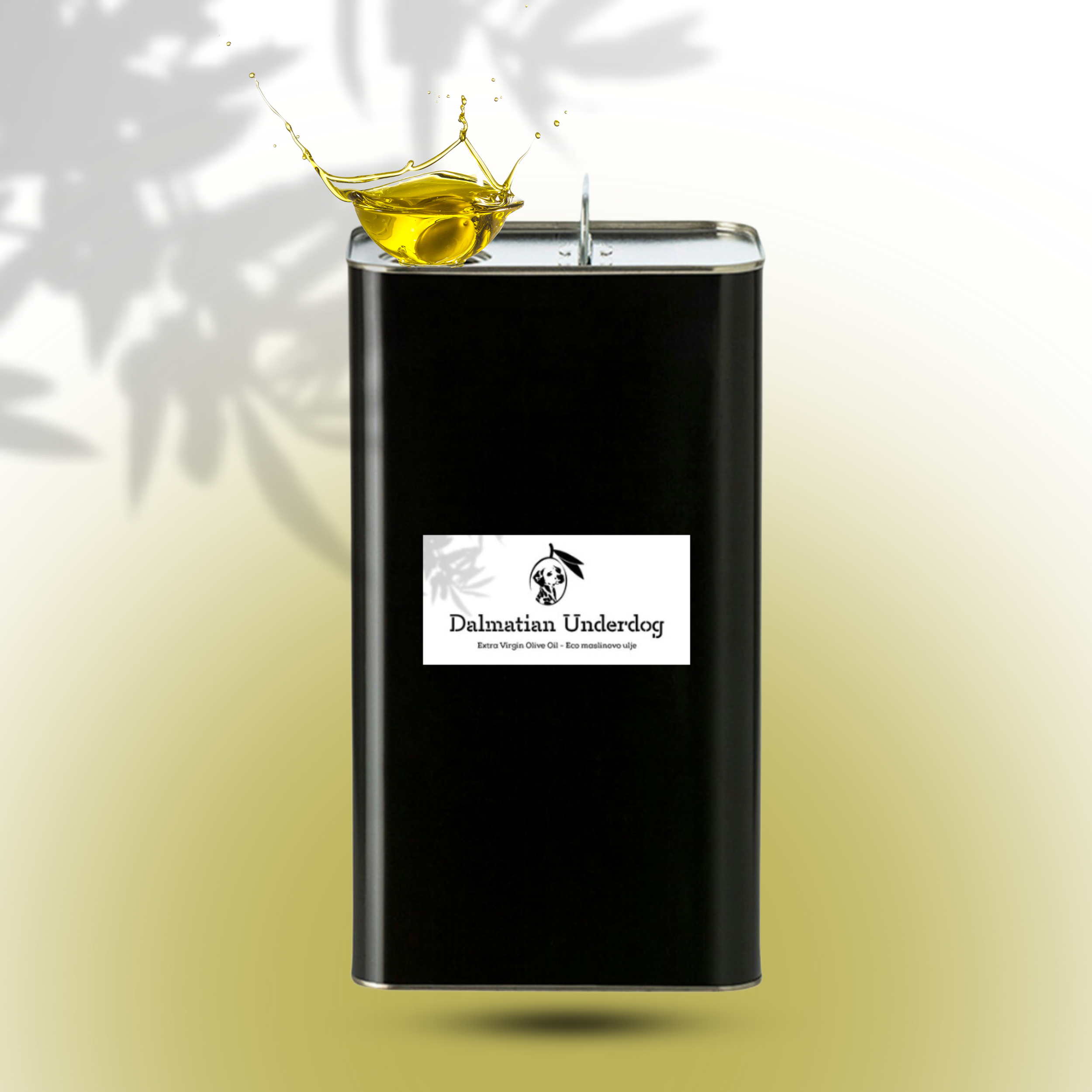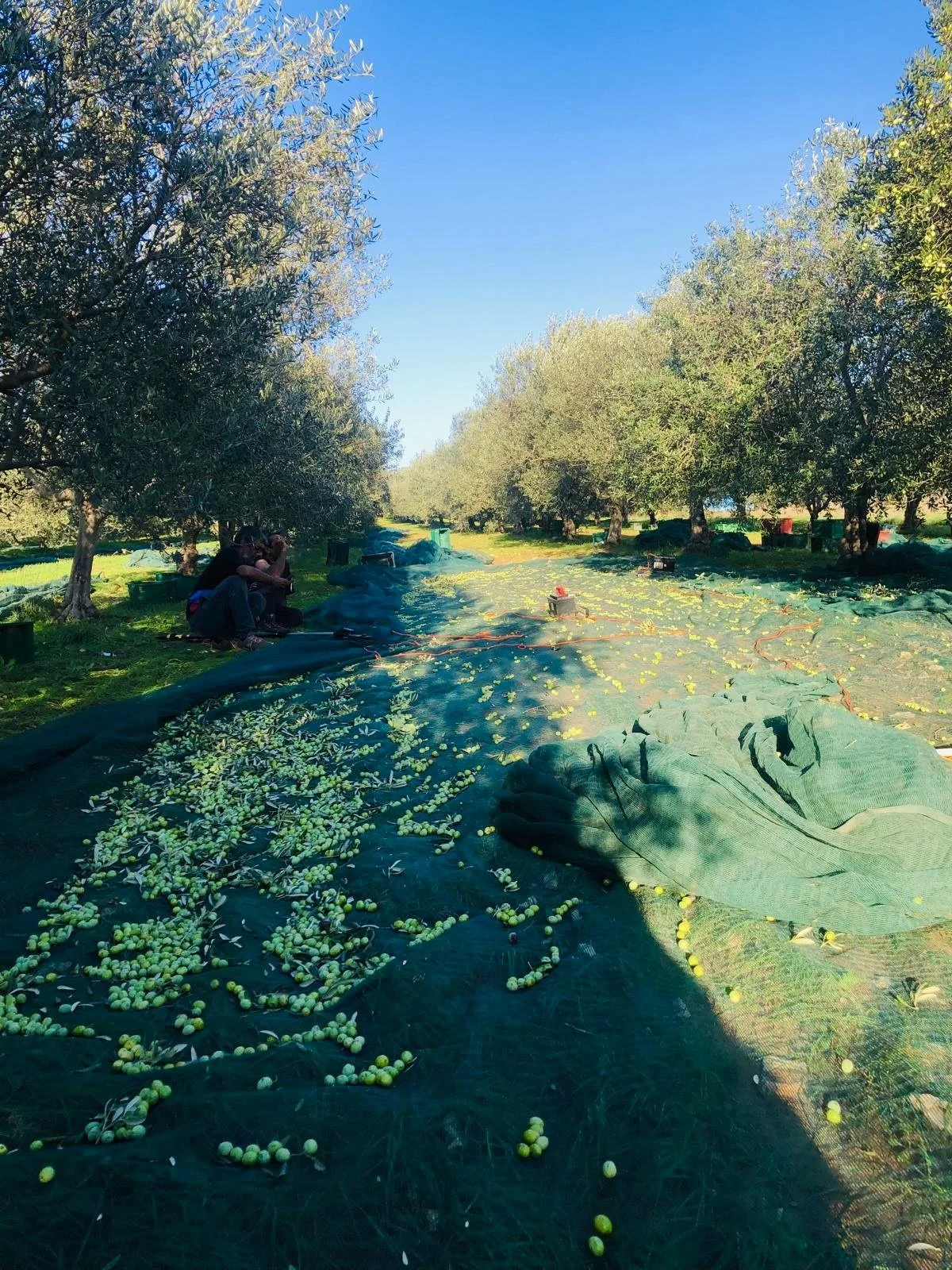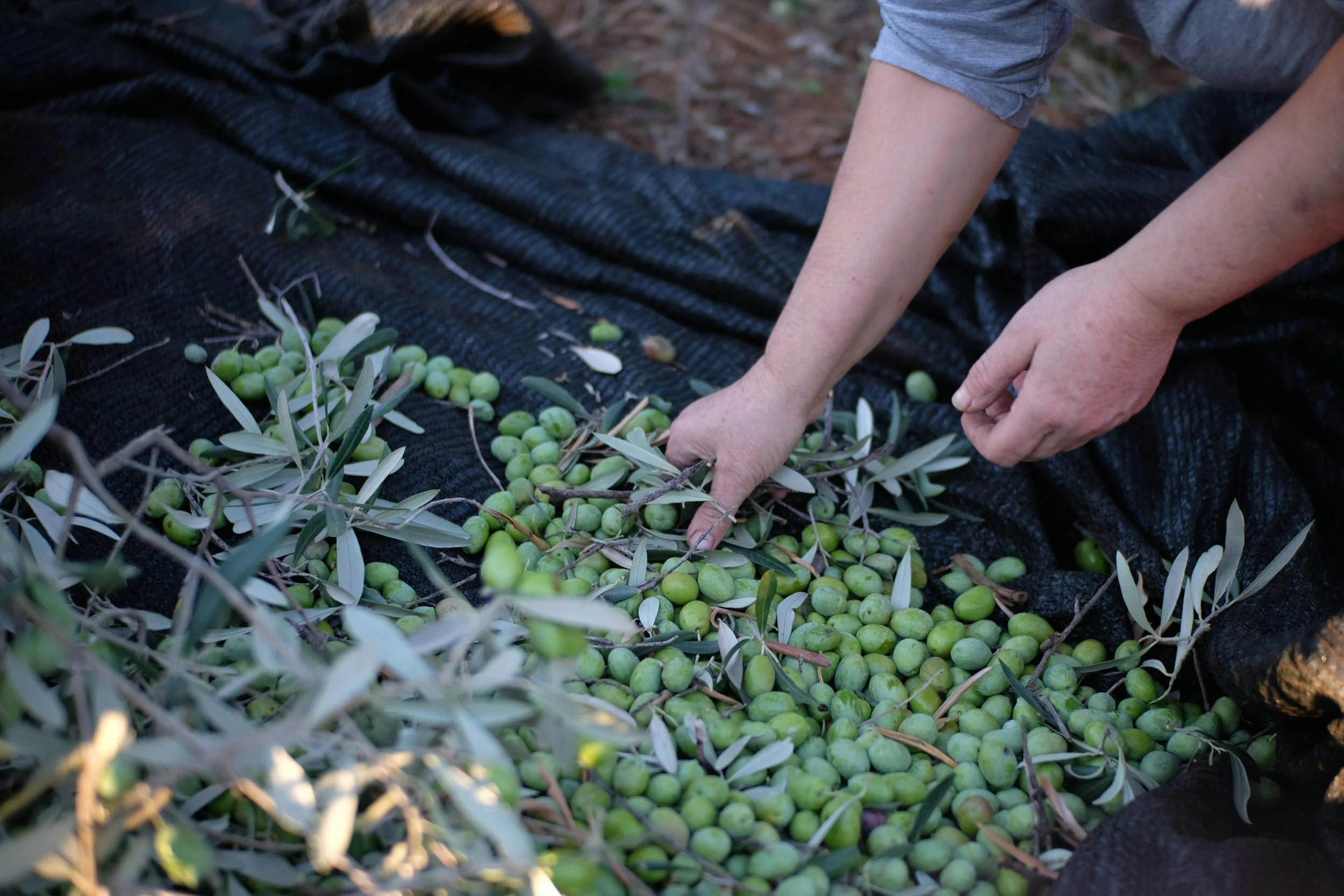The Origins of Our Family Olive Grove
Dalmatian Underdog Story
In the hamlet of Nadin, located in Croatia’s Zadar region of Ravni Kotari, the Atelj family began restoring their land after the Croatian War of Independence in 1991. The conflict had left the vineyards in poor condition, and instead of replanting grapes, the family turned to olives. Over the years, they planted olive trees across their property, gradually transforming the landscape.
This decision wasn’t made for speed or convenience. The Ateljs committed from the outset to an organic approach, rejecting synthetic chemicals and industrial farming methods. Their farm, OPG Ivan Atelj, is fully certified under EU organic standards. Every step of their process from soil care to harvest to bottling, follows strict organic practices.
Olives were harvested by hand and pressed the same day within hours. There were no shortcuts or compromises. The result was a cold pressed organic, unfiltered extra virgin olive oil that reflects the local soil, climate, and the family's commitment to quality. It’s high in natural antioxidants and low in acidity. Over time, their oil gained recognition, winning numerous gold medals and accolades at international competitions.
The label they created ‘ Dalmatian Underdog ’wasn’t about marketing spin. It was a straightforward nod to their position: a small producer from a rural region, working independently and by hand. The name is also a tribute to the Dalmatian coast where their grove is rooted, and to their family pet, an authentic Dalmatian dog who has become part of their identity and features in their logo. There were no investors or large scale equipment behind them, just family labor, experience, and consistency.
Dalmatian Underdog is still a fully family run effort. The Ateljs handle everything themselves: planting, picking, pressing, bottling, and labeling. Every bottle that leaves the farm carries the story of its origin and the hands that made it. They’ve avoided scaling up in favor of maintaining standards and control.
The region around them is seeing a quiet resurgence. Other smallholders have started returning to agriculture, sharing techniques and resources. The Ateljs’ way of working has encouraged others to explore similar paths. It’s not about dominance, it’s about maintaining values, raising kids in the healthy community and keeping traditional farming viable.
Sustainability is a key part of their method. They use natural spring water, return nutrients to the soil through natural composting, and aim to minimize waste in packaging and logistics. Their practices aren’t driven by trends, but by long term responsibility to the land and their product. Dalmatian olive oil in this region isn’t a commodity, it’s part of daily life. It starts meals, ends them, and holds cultural weight. The Ateljs don’t aim to create identical oils year after year. They allow the conditions of each season to influence the result. Some years are spicier, others more rounded. That variation is seen as a strength.
Today, bottles of Dalmatian Underdog reach kitchens far beyond Croatia. Yet the process remains small scale. The same family members still walk the grove, inspect the trees, and bottle the oil. Their knowledge is hands on and local.
What they’ve built is a reliable, high quality product with roots in authenticity and respect for tradition. It proves that organic farming, when done patiently and with care, can succeed in today’s market without losing its integrity. The Ateljs are continuing to expand carefully. They’re adding more trees and considering ways to welcome visitors and share their methods. The next generation is involved and learning the trade. But the heart of the project remains the same: honest farming, honest oil in the fertile lands of Ravni Kotari.
If you’re near Zadar, you can visit the biggest eco village in Croata named Nadin and see it for yourself. The grove is there, the trees are thriving, and the Atelj family is still at work keeping their promise to the land and to their craft. You can also buy Dalmatian Underdog olive oil directly from the family at their Zadar location at Ivana Rendica 24. They welcome visitors who wish to purchase the oil in person and learn more about the story behind it. To ask questions, taste the oil, or visit the grove, the Atelj family welcomes inquiries directly.




